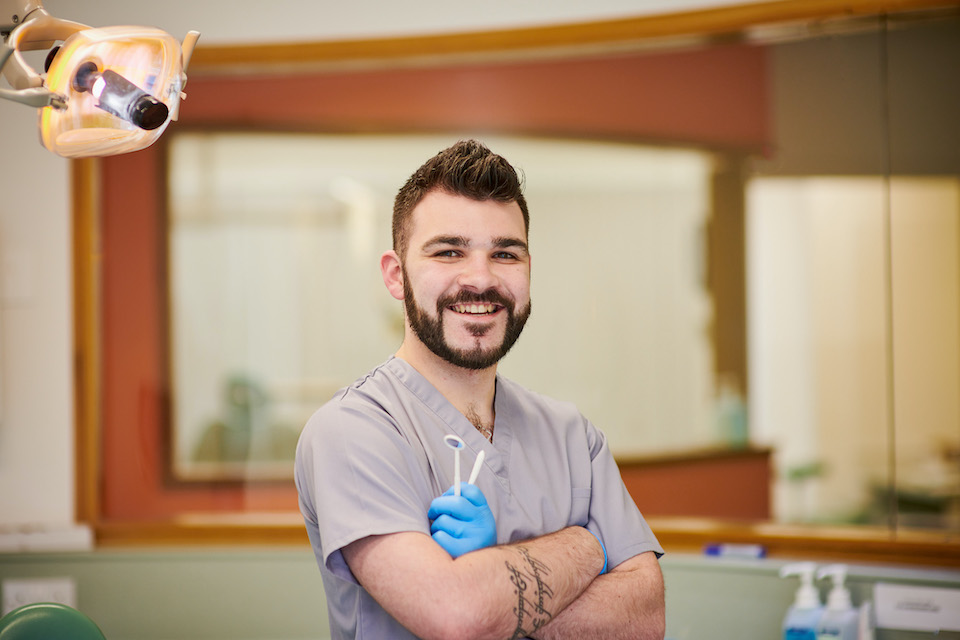The role of the dental therapist post-COVID-19
The COVID-19 pandemic has had a devastating effect on the delivery of health services across the board. Dentistry is trying to regain its footing and get back on track, fighting through backlogs of patients who were receiving treatment when the pandemic hit in 2020 and those who required their regular examinations.
The infection risk posed by aerosol generating procedures (AGPs) has meant that dental services are still being disrupted and restricted. Many dental therapists and hygienists are still facing hardship, with severe disruption to their usual working practices prior to COVID-19.
There is a pivotal role that therapists and hygienists can play following the pandemic in practice. Periodontal disease has been linked to health conditions such as diabetes, heart disease and Alzheimer’s, and as highlighted in several recent international and British studies, it could now pose serious risk of COVID-19 complications.
The hygienist and therapist, if given the opportunity to provide their full scope of practice, could reduce waiting times for appointments
Therapists and hygienists are best suited to treat periodontal disease and more can be done to prevent the progression of gum disease. The treatment for periodontal disease can be carried out without requiring AGPs and is largely based on prevention.
The therapist and hygienist can aid patients by explaining the importance of oral hygiene and what the implications can do for the patient’s oral and general health. They can work with the patient to increase their individual oral hygiene through advice and practical lessons, such as toothbrush instruction, fluoride advice, interdental cleaning, dietary advice and treating risk factors for periodontal disease appropriately.
The prevention advice not only would prevent gum disease but also carries, which has seen a rise throughout the pandemic. This could be carried out in the surgery or online by taking advantage of many of the online virtual conference platforms. The NHS Near Me app would be the ideal tool to host digital consultations with patients for prevention treatment.
The hygienist and therapist, if given the opportunity to provide their full scope of practice, could reduce waiting times for appointments with the dentist by triaging and providing treatment under referral or working under
direct access.
Kyle Anderson is the Scottish Representative for the British Association of Dental Therapists

Comments are closed here.